Have you ever wondered which country holds the coveted title of being the number one nation in the world? It’s a question that sparks curiosity and debate among people from all walks of life. From economic indicators to healthcare systems, education rankings to environmental sustainability, numerous factors contribute to a country’s claim for the top spot. In this article, we will explore some of these factors and discover which country takes the lead as the reigning champion. So, grab a cup of tea and get ready to embark on an enlightening journey to uncover which country truly deserves the crown of being number one in the world.
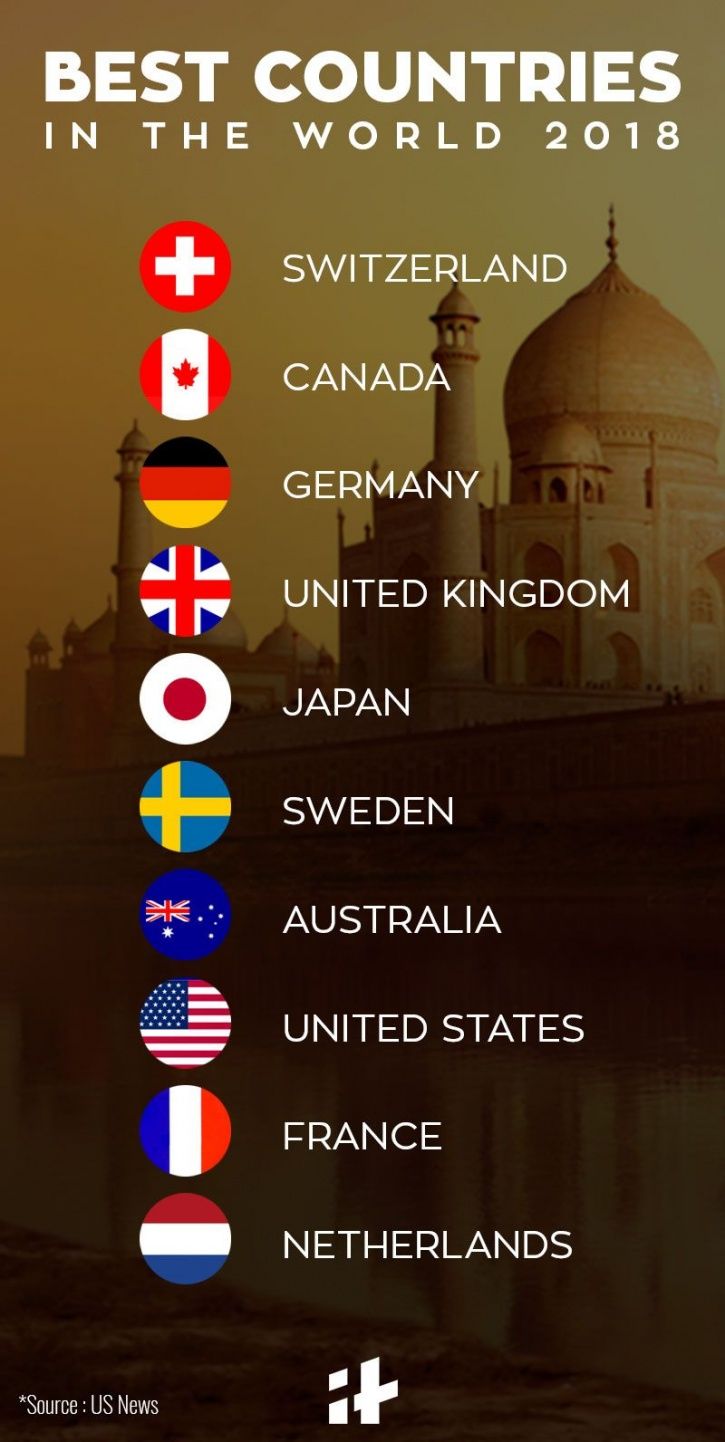
This image is property of im.indiatimes.in.
Factors to Consider
When determining which country is number one in the world, there are several factors to consider. These factors provide a comprehensive overview of a country’s overall strength and influence on the global stage. From economic strength to cultural influence, each factor plays a significant role in assessing a country’s ranking.
Economic Strength
One of the key factors to consider is a country’s economic strength. This includes factors such as GDP (Gross Domestic Product), GDP per capita, and the economic growth rate. The GDP is a measure of a country’s total economic output, while GDP per capita provides insight into the average income per person. Additionally, the economic growth rate showcases how well a country’s economy is expanding over a specific period of time. These indicators help gauge the overall economic power of a nation, making it an essential factor to consider in determining the number one country in the world.
Military Power
Another crucial factor to consider is a country’s military power. This encompasses the defense budget, the number of troops, and the presence of advanced weaponry. A strong military is not only critical for national defense but also plays a vital role in a country’s global influence and ability to maintain stability in the international community. Therefore, when evaluating which country is number one, military power is a significant aspect to take into account.
Technological Advancement
Technological advancement is another important factor to consider when determining a country’s global standing. This includes innovation, research and development, and patents filed. A country that actively invests in technological advancements and fosters innovation is more likely to have a competitive edge in various industries. Technological prowess enhances a country’s economic growth, enhances its military capabilities, and boosts its overall influence on the global stage.
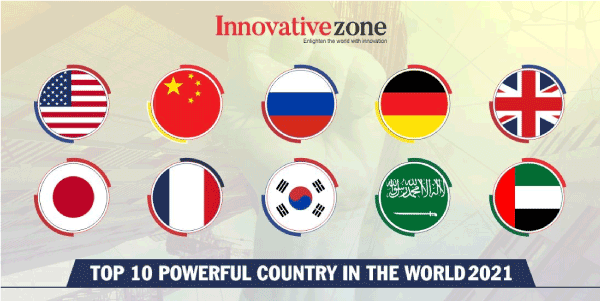
This image is property of static.javatpoint.com.
Human Development Index
The Human Development Index (HDI) measures a country’s standard of living, which encompasses factors such as life expectancy, education, and income. This index provides a comprehensive picture of a country’s overall development and well-being. A high HDI reflects favorable living conditions, access to quality education and healthcare, and a higher standard of living. As such, the HDI is an important indicator when assessing which country is number one.
Political Influence
Political influence plays a crucial role in determining a country’s standing in the world. This factor includes diplomatic relations, alliances, and participation in international organizations. A country’s ability to form strategic alliances, engage in fruitful diplomatic negotiations, and actively participate in international organizations contributes to its political influence and global standing. Therefore, political influence becomes a key factor to consider when evaluating which country is at the top.
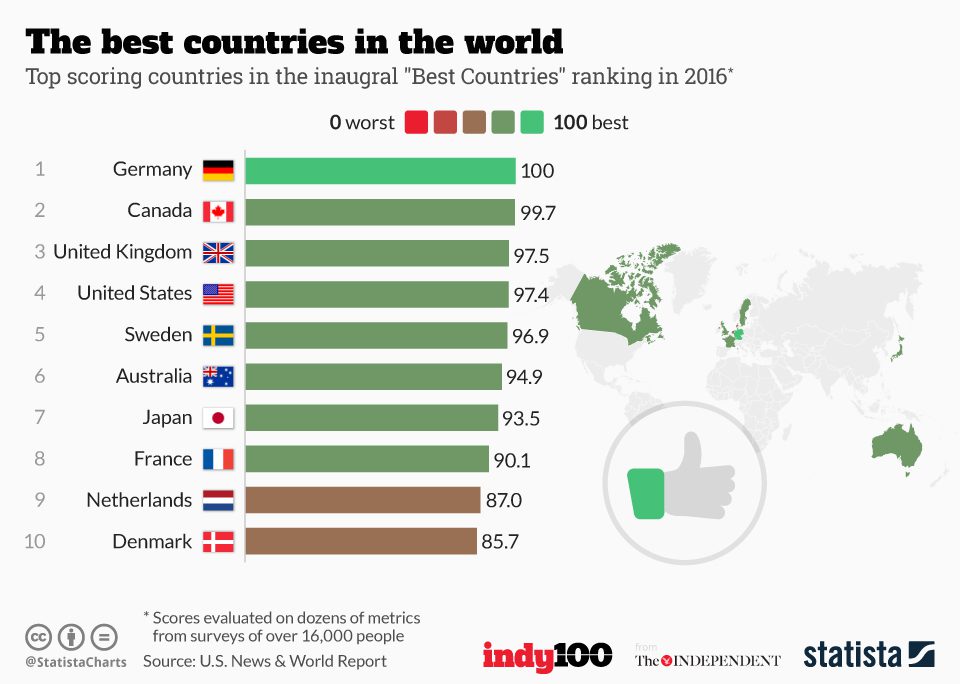
This image is property of cdn.statcdn.com.
Quality of Life
The quality of life is an essential aspect to take into account when determining a country’s position. This factor encompasses elements such as healthcare, safety, and social benefits available to its citizens. A country that invests in ensuring the well-being and safety of its population provides a better quality of life. Access to quality healthcare, low crime rates, and a robust social welfare system contribute to a higher quality of life index, further elevating a country’s position globally.
Education and Innovation
Education and innovation are crucial factors in evaluating a country’s global standing. This includes the literacy rate, the number of prestigious universities, and patents filed. A highly educated population contributes to a nation’s overall development and serves as a driving force behind technological advancements and innovation. Therefore, countries that prioritize education and foster a culture of innovation are more likely to be at the forefront of global progress.
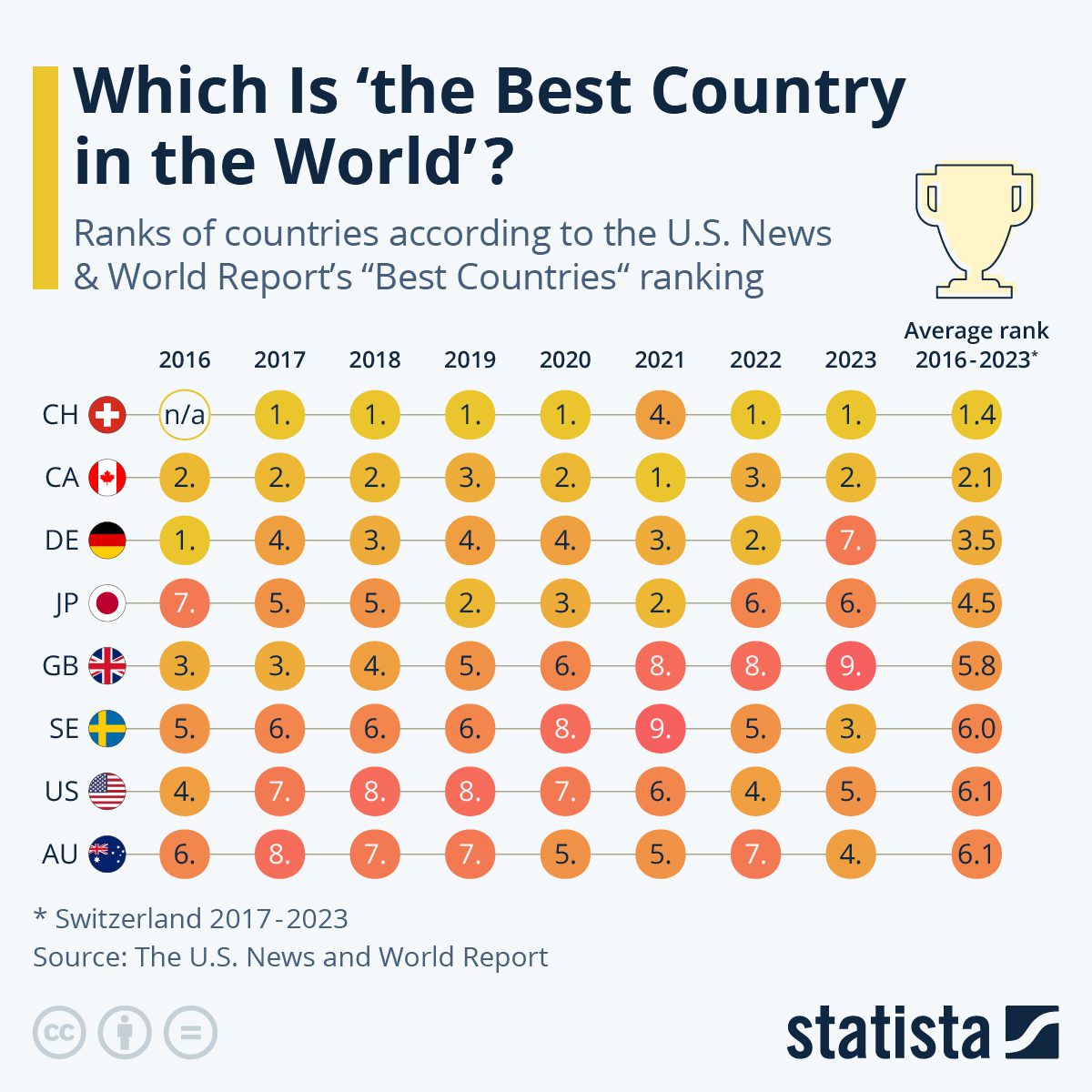
This image is property of cdn.statcdn.com.
Environmental Sustainability
With growing concerns about climate change and environmental degradation, environmental sustainability has emerged as a critical factor to consider in determining a country’s global ranking. This includes the usage of renewable energy, efforts to reduce carbon emissions, and the implementation of sustainable practices. A country that actively prioritizes environmental sustainability showcases its commitment to preserving the planet for future generations, positively impacting its global standing.
Cultural Influence
Cultural influence plays a significant role in shaping a country’s global reputation. This factor includes contributions to the arts, entertainment, media, and tourism. A country that heavily influences global cultural trends, produces renowned artistic works, and attracts tourists from around the world establishes a strong cultural presence. Cultural influence contributes to a country’s soft power, enhancing its standing and reputation on the international stage.
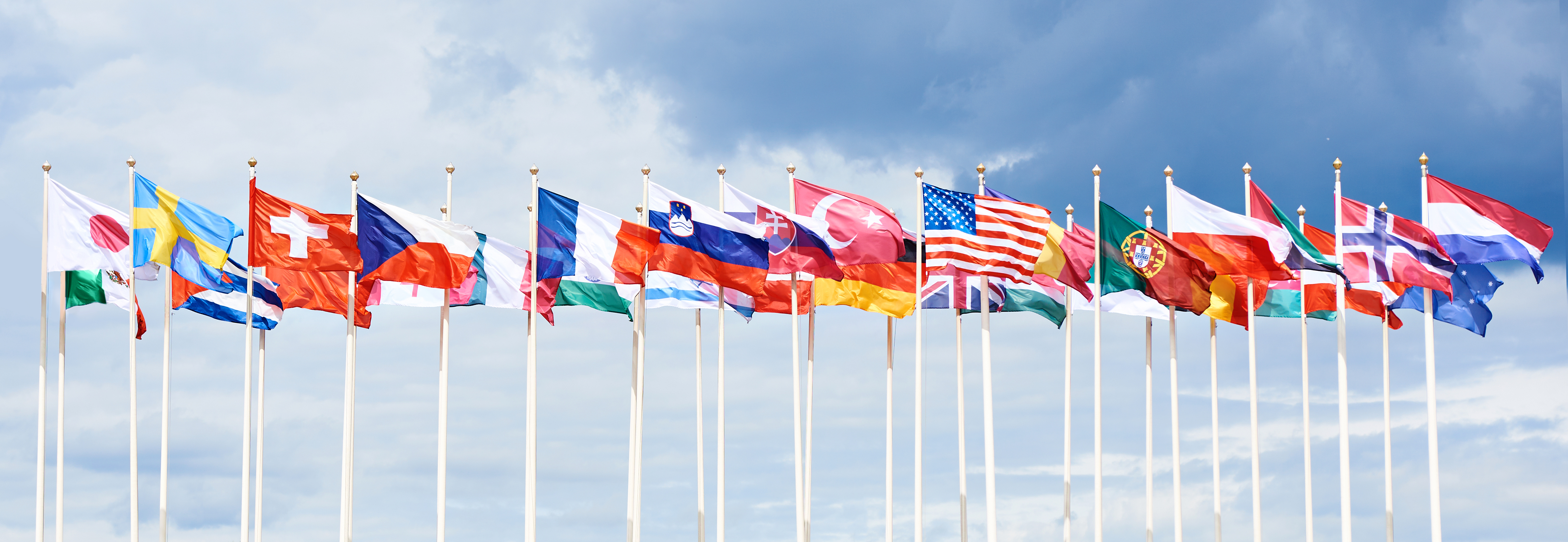
This image is property of www.bavgroup.com.
Global Standing
Lastly, the global standing of a country, as reflected in international rankings, is a crucial factor in determining which country is number one. International rankings provide an objective assessment of a country’s overall performance across various sectors. These rankings take into account multiple factors, including economic, political, social, and environmental aspects. Therefore, a country that consistently performs well in international rankings demonstrates its ability to excel across a range of domains, further solidifying its global standing.
Contenders for the No 1 Spot
Several countries vie for the coveted title of number one in the world. These contenders embody different strengths and characteristics that contribute to their positioning on the global stage. While the list is subjective and subject to change over time, some of the prominent contenders include:
- United States
- China
- Russia
- Germany
- United Kingdom
- Japan
- France
- India
- Brazil
- South Korea
These countries exhibit a combination of economic strength, military power, technological advancement, and political influence, positioning them as strong contenders for the number one spot.
Comparing the Contenders
To determine which country holds the top spot, it is essential to compare the contenders across various factors. By analyzing their performance in key areas, we gain insight into each country’s strengths and weaknesses. Let us explore how the contenders fare in the following categories:
Economic Strength
In terms of economic strength, the United States stands out with its massive GDP, strong GDP per capita, and consistently high economic growth rate. China, on the other hand, has experienced rapid economic growth over the past few decades and is gradually closing the gap with the United States. Germany boasts a robust and highly diversified economy, while Japan demonstrates technological prowess and innovation. These contenders excel in different aspects of economic strength, making the comparison intriguing.
Military Power
When it comes to military power, the United States remains a dominant force with its substantial defense budget and advanced weaponry. Russia, known for its military capabilities and vast number of troops, is a formidable contender in this category. China continues to invest heavily in its military, showcasing remarkable advancements in weaponry and technology. Comparing military power among contenders reveals a diverse range of strengths and capabilities.
Technological Advancement
Technological advancement differentiates the contenders further, with each country showcasing its unique strengths. The United States possesses a renowned innovation ecosystem and leads in research and development. China has emerged as a global leader in technology, particularly in areas such as artificial intelligence and 5G networks. Japan continues to pioneer technological advancements, particularly in robotics and electronics. Germany exemplifies precision engineering and manufacturing excellence. These countries’ contrasting paths in technological advancement contribute to their standings.
Human Development Index
The contenders also exhibit varying levels of human development. The United Kingdom and the United States boast high life expectancy, quality education, and comparatively high incomes. Norway, a country not on the list of contenders, often ranks highly in the HDI due to its exceptional living conditions. Brazil and India face challenges in education and income equality but exhibit potential for significant future growth. Comparing the contenders’ HDI sheds light on their respective strengths in this area.
Political Influence
Political influence determines a country’s ability to shape global affairs and forge strategic alliances. The United States, with its extensive diplomatic relations, formidable military, and involvement in international organizations, possesses significant political influence. China’s rising global influence, combined with its economic strength, has enabled it to expand its presence on the international stage. Germany, known for its influential role within the European Union, also holds sway in global affairs. Assessing the contenders’ political influence reveals their varying degrees of impact on a global scale.
Quality of Life
Quality of life encompasses factors such as healthcare, safety, and social benefits that contribute to overall well-being. The Scandinavian countries, such as Norway and Sweden, often rank highly in quality of life due to comprehensive social welfare systems and access to high-quality healthcare. However, contenders like the United States and the United Kingdom also offer advanced healthcare systems and strong safety measures. Comparing quality of life among the contenders showcases the diversity of factors that contribute to citizens’ well-being.
Education and Innovation
Education and innovation are crucial indicators of a country’s ability to foster progress. The United States and the United Kingdom boast prestigious universities and a high number of patents filed. South Korea’s education system frequently earns recognition for its excellence, contributing to the nation’s innovative spirit. Japan, too, excels in science and technology education, leading to significant breakthroughs in various sectors. Assessing education and innovation among the contenders provides insights into their commitment to intellectual advancement.
Environmental Sustainability
As environmental concerns grow, a country’s commitment to sustainability becomes a vital consideration. Germany, with its extensive use of renewable energy and commitment to reduce carbon emissions, sets an example in this aspect. Brazil, with its vast rainforests and biodiversity, faces environmental challenges but exhibits potential for sustainable practices. The contenders’ commitment to environmental sustainability reveals their approaches to protecting the planet and fostering a sustainable future.
Cultural Influence
Cultural influence is another crucial factor in determining a country’s global position. The United States, with its dominant media and entertainment industry, has strongly influenced global cultural trends. Japan’s unique cultural exports, such as anime and video games, have garnered a massive global following. France, renowned for its art, cuisine, and fashion, remains a cultural powerhouse. Comparing the contenders’ cultural influence highlights the diversity and impact of their respective cultural contributions.
Global Standing
A country’s position in international rankings serves as a measurable indicator of its overall performance across various sectors. The United States consistently ranks highly in various global rankings due to its robust economy, military power, and cultural influence. China’s rapid rise as a global power is reflected in its increasing prominence in international rankings. Germany consistently performs well in numerous categories, highlighting its overall strength. Evaluating the contenders’ global standing provides an objective assessment of their respective performances on a global scale.
Additional Considerations
In addition to the factors discussed above, several other considerations can influence a country’s positioning as the number one in the world. These include:
Population Size
The population size of a country can impact its economic, political, and cultural influence. Larger populations often possess a greater pool of human resources and consumer markets, contributing to economic strength and political influence.
Geographic Location
A country’s geographic location can influence its geopolitical significance and role in regional affairs. Proximity to strategic waterways, natural resources, or established trade routes can provide advantages in economic strength and political influence.
Resource Availability
Access to valuable resources, such as oil, minerals, or agricultural land, can significantly impact a country’s economic strength and ability to meet its citizens’ needs.
Historical Background
A country’s historical background, including its colonial past, wars, and conflicts, can shape its political, economic, and cultural trajectory. Historical events and experiences can influence a country’s current standing and global perception.
Government Structure
The structure of a country’s government, such as democratic, autocratic, or hybrid systems, can impact its political stability, decision-making processes, and ability to implement effective policies.
International Relations
A country’s international relations, including alliances, trade agreements, and conflicts, can play a significant role in determining its political influence and global standing. Collaboration and cooperation with other nations contribute to a country’s positioning on the global stage.
Public Perception
Public perception and reputation can influence a country’s global standing. Positive perceptions of a country’s culture, values, policies, and initiatives can contribute to its overall influence and standing as number one in the world.
Future Prospects
Analyzing a country’s potential for future growth, technological advancements, and economic development provides insight into its long-term prospects. Countries investing in sustainable development and innovation are more likely to maintain or improve their global rankings.
Sustainability
Finally, sustainability efforts play a crucial role in determining a country’s ability to secure its future and maintain its position as number one. Countries that prioritize environmental sustainability, social equality, and economic resilience are better equipped to navigate challenges and maintain their global standing over the long term.
Conclusion
Determining which country is number one in the world requires an analysis of multiple factors, ranging from economic strength to cultural influence. As such, there is no definitive answer as to which country holds this prestigious title. The contenders, including the United States, China, Russia, Germany, the United Kingdom, Japan, France, India, Brazil, and South Korea, possess unique strengths and characteristics that contribute to their positioning on the global stage. By carefully evaluating each contender across key factors, such as economic strength, military power, technological advancement, and political influence, we gain insight into their respective positions. Additional considerations, such as population size, geographical location, and resource availability, provide a more nuanced perspective on the contenders’ overall standings. Ultimately, the country that best combines these factors, while also addressing future prospects and sustainability, has the potential to claim the coveted title of being number one in the world.
